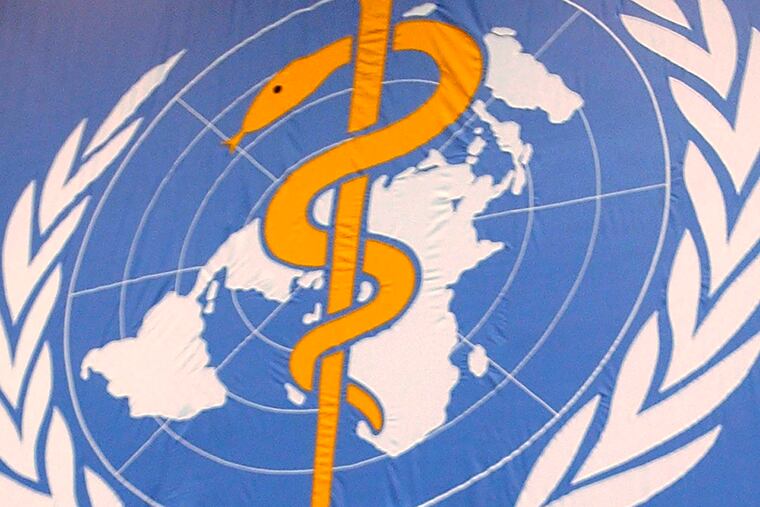Pursuing COVID-19 herd immunity is unethical, WHO chief says
The idea of letting COVID-19 spread through populations until enough people have developed immunity is a recipe for “unnecessary infections, suffering and death,” said the U.N. health chief.

GENEVA — The idea of letting COVID-19 spread through populations until enough people have developed immunity is a recipe for “unnecessary infections, suffering and death,” United Nations health chief Tedros Adhanom Ghebreyesus said on Monday in Geneva.
In early October, health scientists from several countries issued an open letter in which they promoted the idea of herd immunity as a way to avoid lockdowns and its negative effects.
World Health Organization (WHO) chief Tedros pointed out that herd immunity is reached through vaccination, not by exposing people to a virus.
So far, 10% or less of the world population has contracted the coronavirus, leaving the vast majority at risk of still being infected, the WHO estimates.
"Allowing a dangerous virus that we don't fully understand to run free is simply unethical. It's not an option," Tedros told a news conference.
The WHO chief argued that it is still unknown how long people remain immune to the novel coronavirus after they have been infected.
The scientists' open letter said that elderly people who are more vulnerable to severe forms of COVID-19 should be actively protected, while younger people who are less likely to suffer grave illness should be allowed to live normally.
Tedros countered that people of all ages have died from COVID-19 and that some survivors develop long-term symptoms.
The open letter is called the Great Barrington Declaration, after the U.S. town that hosts the American Institute for Economic Research. The think tank has been arguing against COVID-19 lockdowns, in line with its agenda of limiting the role of government.